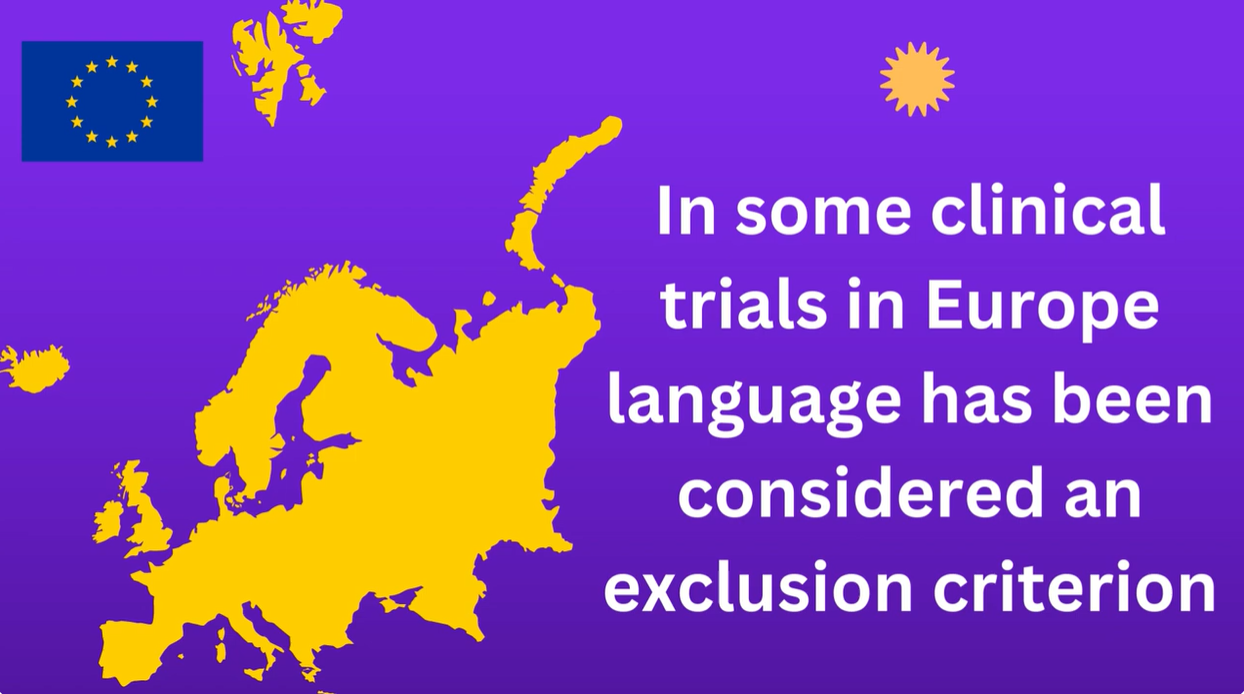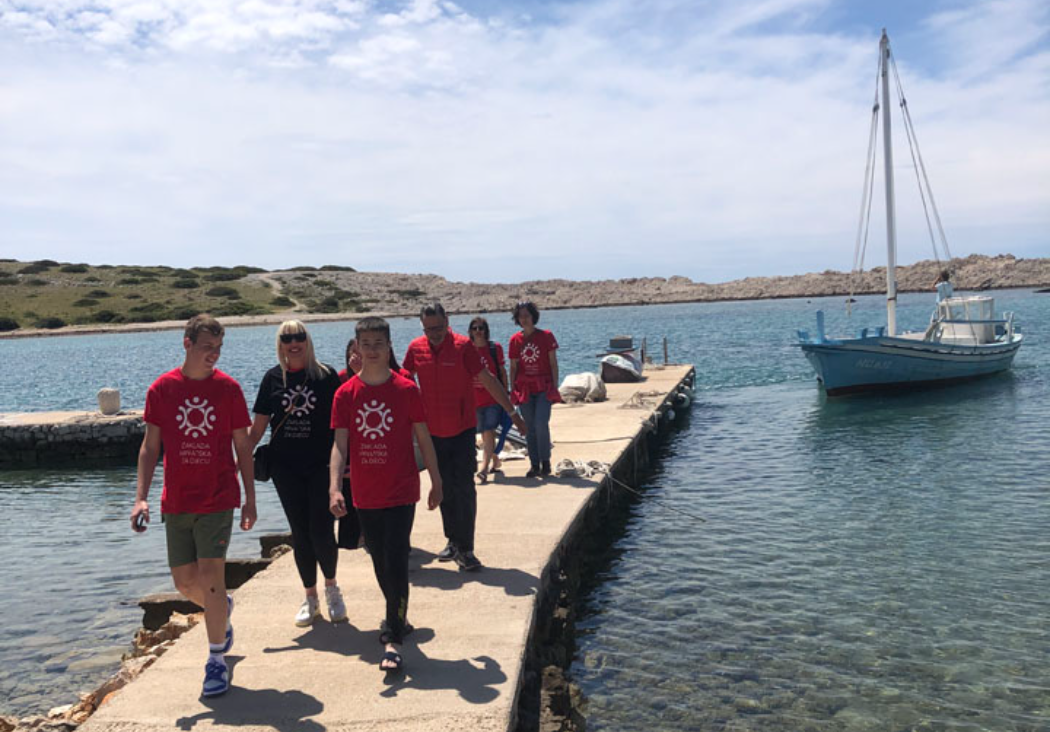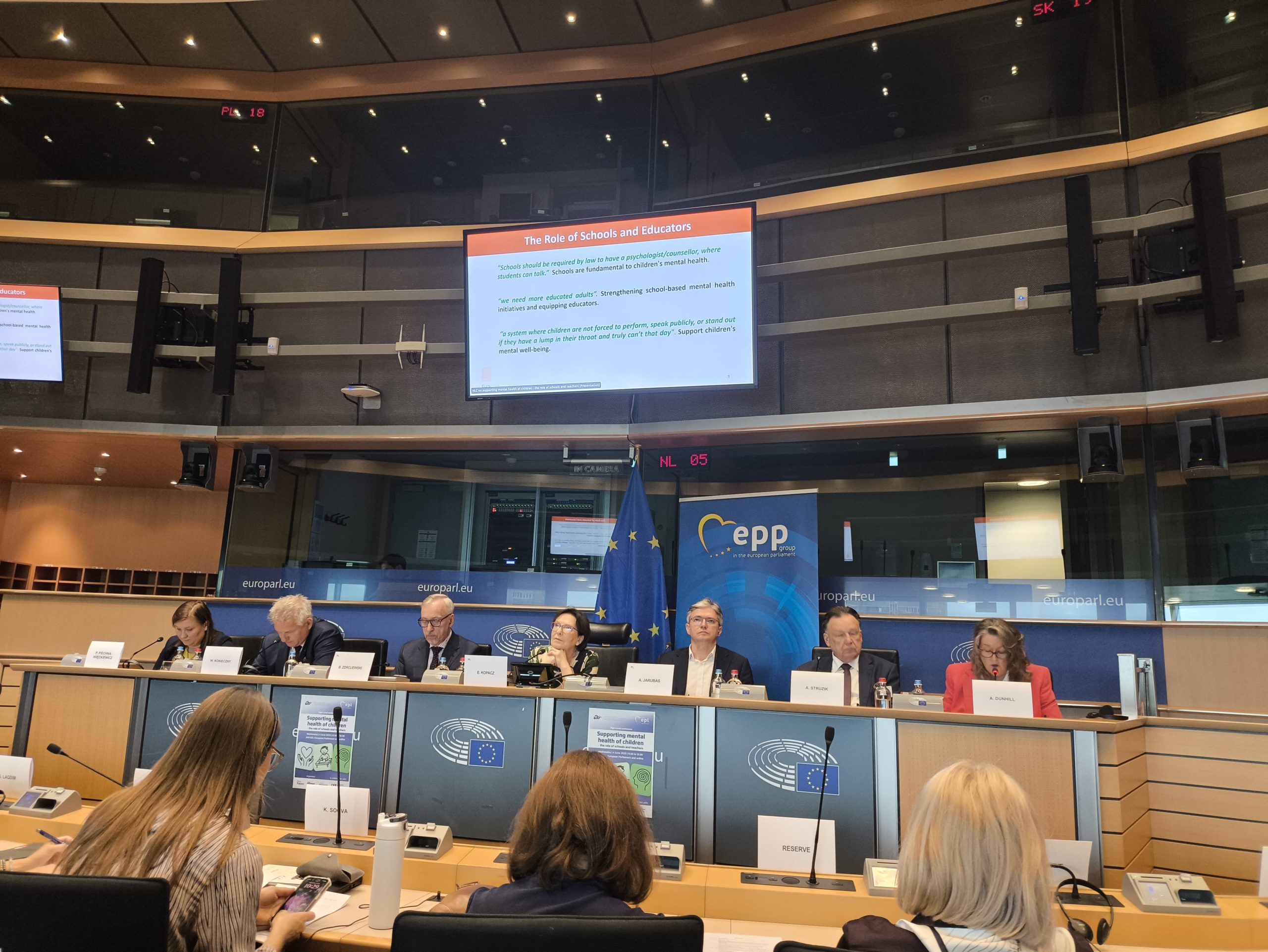Language discrimination in access to paediatric cross-border clinical trials in Europe
Increasing racial and ethnic diversity in clinical trials will facilitate meaningful representation of different patient communities. However, some children are being excluded due to their mother tongue. This collaborative research project promoted by EnprEMA aims to deliver guidance to avoid future language discrimination in the access to clinical research in paediatrics.
Children and young people have historically been excluded from participating in clinical research to protect them from potential harm. Nowadays, we know that it is essential to perform clinical trials with children because they suffer from diseases that adults do not suffer from and because their metabolism requires the right dose and mechanism of action for new treatments.
Language and country discrimination have been identified as current issues violating children’s rights to access clinical trials in different regulatory environments. An EnprEMA Working group is leading a research project on the retrospective analysis of the design and execution of paediatric clinical trials in Europe as a research setting during the period 2017-2023. The main aim is to perform an evidence-based analysis to deliver a Consensus Guidance that will facilitate the inclusion of paediatric patients in cross-border clinical trials when there is a potential benefit, and not exclude them due to their mother tongue or country of residence.
This project will consist of three phases. The first phase will analyse the use of language and country of residence in clinical trial protocols as exclusion criteria. Real cases reported by clinical trial sites, patients, and patient organisations, where mother tongue and country of residence were used to discriminate against patients’ access to a clinical trial will be provided as supporting evidence.
The second phase will analyse the scientific and ethical reasons behind the use of language and country of residence to exclude patients from participating in a clinical study. Finally, a Multi-stakeholder Consensus Guideline will be delivered in the third phase to avoid future discrimination against paediatric patients accessing clinical trials in Europe. This guidance will be co-created with multi-stakeholders and validated after a public consultation.
Parents and caregivers of children living with a disease, can also participate in this project by completing this questionnaire. It’s not necessary have experience of participation in a clinical trial. Deadline: 30 September.
For further information please get in touch with Begonya Nafria Escalera, PhD Candidate and Patient Engagement in Research Area Coordinator at Sant Joan de Déu Research Foundation, member of Eurochild.





